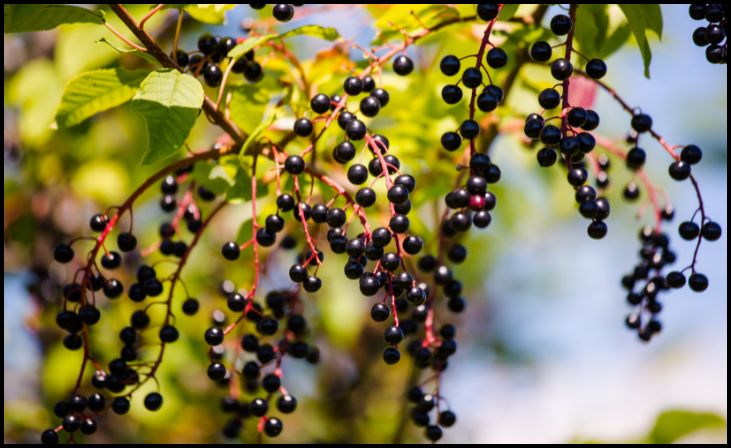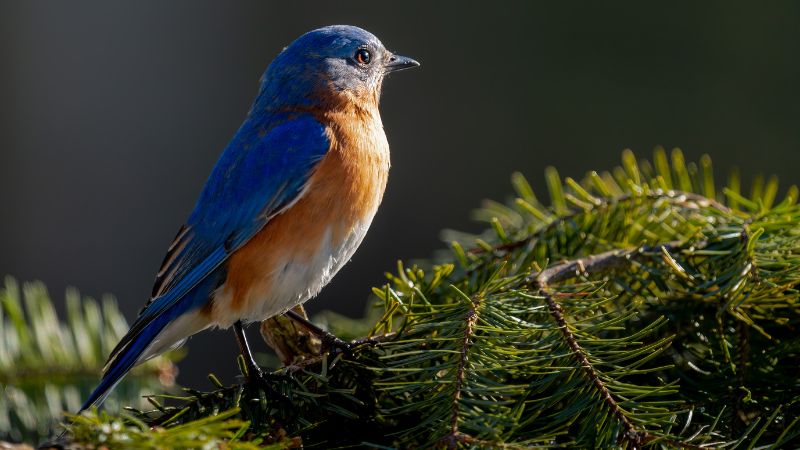Attracting bluebirds to your yard is a delightful way to invite beauty and charm into your outdoor space. One effective method is to plant specific types of plants that not only provide food but also serve as shelter for these lovely birds. Here are eight plants that will entice bluebirds to visit your yard regularly.
Elderberry

Elderberries are not only aesthetically pleasing but also highly beneficial for attracting bluebirds. These plants offer both food and shelter, making them an ideal addition to any yard. Bluebirds are particularly fond of elderberries, as they provide a natural food source and a safe haven for nesting.
Flowering Dogwood
The flowering dogwood tree, known scientifically as Cornus florida, is another excellent choice for attracting bluebirds. These trees thrive in Zones 5-9 and can grow up to 30 feet tall. With their beautiful blooms and abundant foliage, flowering dogwoods create an attractive habitat for bluebirds to nest and forage for food.
Eastern Red Cedar
Eastern red cedars are prized for their durability and size, making them a favorite among bluebirds. These trees grow slowly but can reach impressive heights of up to 70 feet. Their dense foliage provides excellent cover and protection for bluebirds, making them feel right at home in your yard.
Holly

Holly plants are dioecious, meaning you need both male and female plants to produce berries. Bluebirds are drawn to holly bushes for their bright red berries, which provide a valuable food source, especially during the winter months. Planting holly in your yard ensures that bluebirds have access to nutritious food year-round.
Pokeweed
While pokeweed may seem like an unwelcome guest in your yard, it can actually benefit bluebirds. These plants attract insects, which are a vital food source for bluebirds and other songbirds. However, it’s essential to keep pokeweed under control, as it can quickly become invasive if left unchecked.
Hawthorn
Hawthorn trees, belonging to the Crataegus genus, are a diverse group of plants that offer many benefits for bluebirds. With their dense foliage and abundant berries, hawthorns provide both food and shelter for bluebirds throughout the year. Plus, their beautiful blossoms add a touch of elegance to any landscape.
Serviceberry

Serviceberries are not only attractive to humans but also highly appealing to bluebirds. These trees produce edible berries that are resistant to deer and hardy in many zones. While serviceberries require some upkeep and pruning, their benefits for bluebirds make them well worth the effort.



